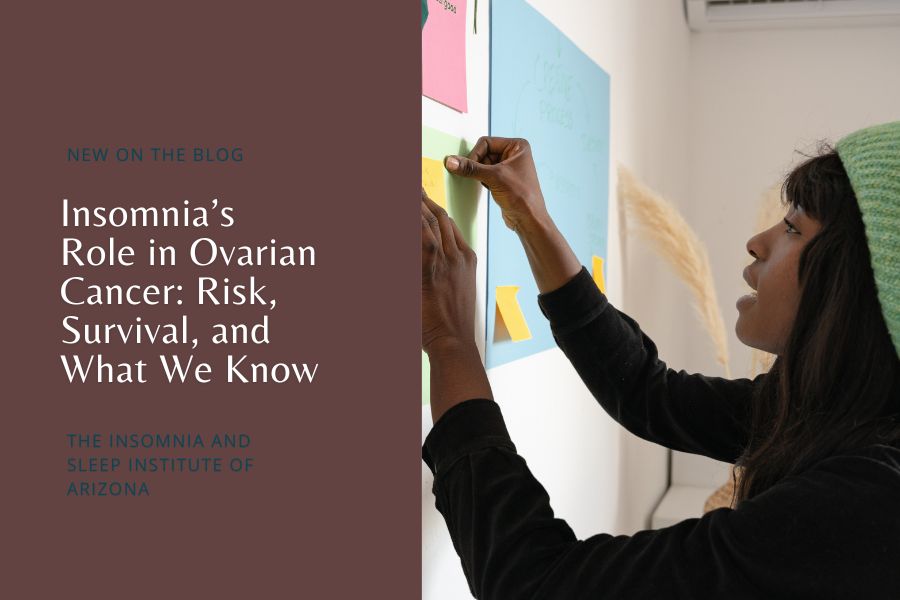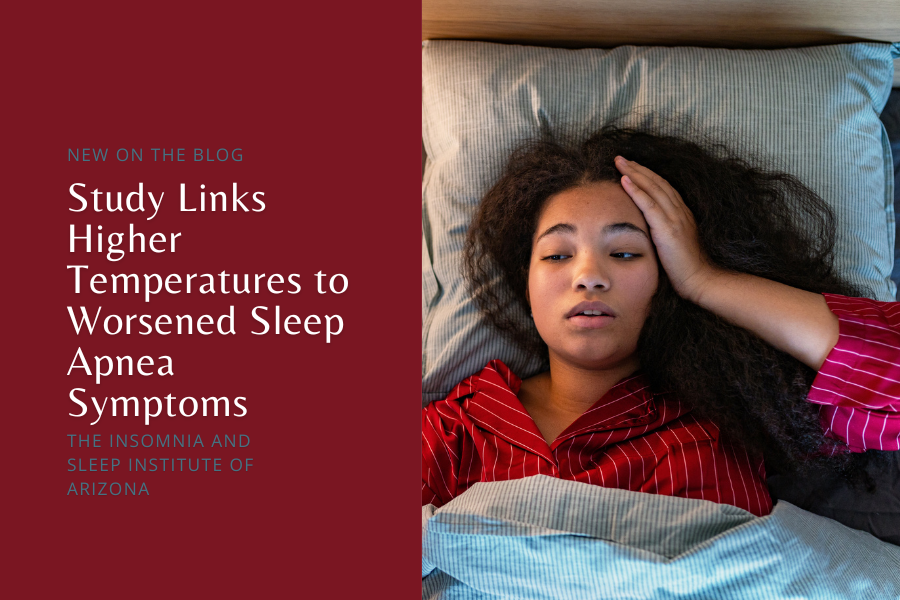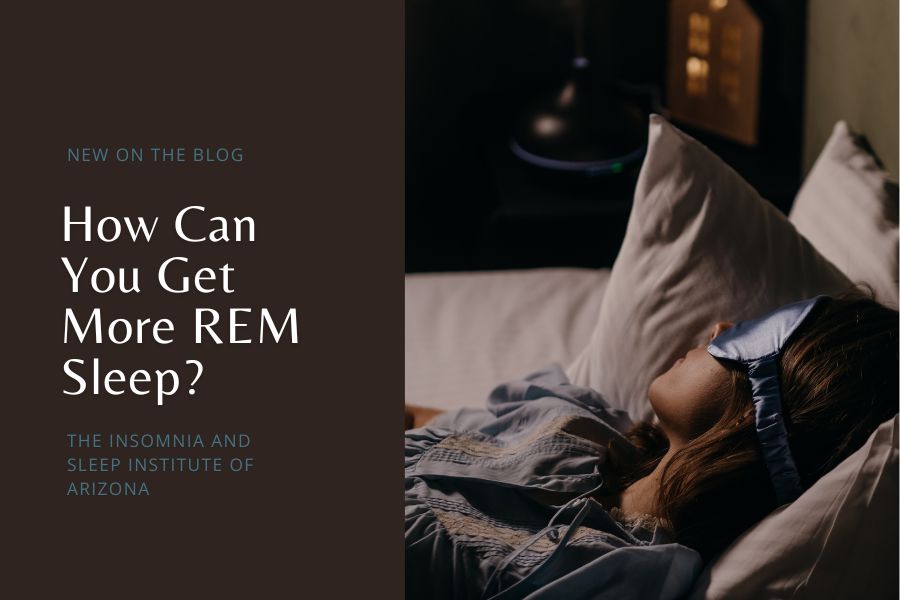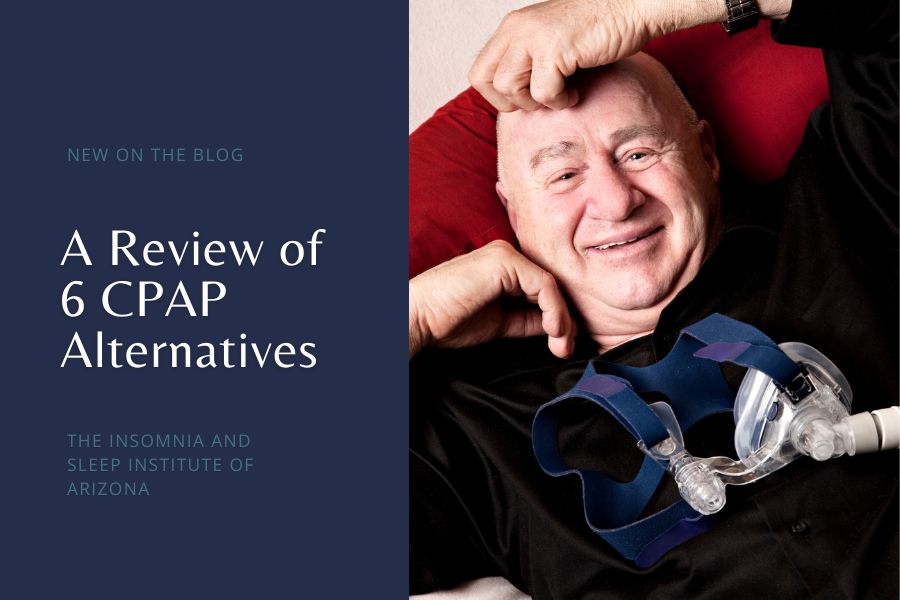An estimated 30% of adults battle insomnia. Health, focus, and well-being often take a serious hit when sleep is lost. For women, the stakes can be even higher. Ovarian cancer, with its subtle symptoms and high mortality, may be more linked to insomnia than we once thought.
Emerging research raises a question: Could sleepless nights affect ovarian cancer risks and outcomes?
What Is Insomnia, and How Can It Affect Overall Health?
Insomnia disrupts sleep by making it hard to fall asleep, stay asleep, or return to sleep after waking too early. Even with plenty of time to rest, the struggle persists. It’s a common and often frustrating condition that impacts millions daily.
Effects of Insomnia on Overall Health
- Cognitive Function: Lack of sleep affects focus, weakens memory, and clouds judgment. Chronic insomnia raises the chances of making costly mistakes. These effects can lead to accidents at work or on the road, putting lives at risk.
- Mental Health: People with insomnia are 10 times more likely to develop depression and anxiety.
- Cardiovascular Risks: Studies show a 45% higher risk of heart attack in people with chronic insomnia. Poor sleep drives up blood pressure, straining the heart. Inflammation rises too, creating even more risk for heart health.
- Immune System Weakness: Lack of sleep weakens the immune system, increasing infection risk. Sleep-deprived people are three times more likely to catch a cold.
- Metabolic Disruption: Insomnia is linked to obesity and type 2 diabetes. Lack of sleep alters hormone levels. Increasing hunger and reducing insulin sensitivity.
Insomnia impacts society as a whole. Each year, it costs the U.S. economy $63 billion in lost productivity and healthcare expenses. A widespread issue that touches everyone, directly or indirectly.
Why Is Ovarian Cancer a Significant Concern for Women?
Ovarian cancer, known as the “silent killer,” claims thousands of lives every year. Among women in the United States, it ranks as the fifth deadliest cancer. Lack of early symptoms makes it especially dangerous, often leading to late diagnoses.
Key Concerns About Ovarian Cancer
- Late Diagnosis: Nearly 70% of ovarian cancer cases are caught in advanced stages. Survival rates plummet when treatment begins this late. Catching ovarian cancer early gives a five-year survival rate of 90%. In advanced stages, that number drops drastically to just 30%.
- Symptoms Are Subtle: Bloating, pelvic pain, and trouble eating can feel like minor issues but often mask something more serious. Subtle symptoms frequently delay an accurate diagnosis, leaving ovarian cancer unnoticed until later stages.
- High Mortality Rate: Ovarian cancer has the highest mortality rate of all gynecological cancers. In 2023, approximately 19,710 women were diagnosed with ovarian cancer in the U.S. Sadly, 13,270 lost their lives to the disease.
- Limited Screening Options: No reliable screening exists for ovarian cancer like there is for breast or cervical cancer. So, early detection is a serious challenge.
- Impact on Women’s Lives: The disease often strikes women in their 50s or older. However, it can also affect younger women. Their ability to have children and their overall quality of life are impacted.
How Does the Study Explore the Link Between Insomnia and Ovarian Cancer?
The study, “Impact of Insomnia on Ovarian Cancer Risk and Survival: A Mendelian Randomization Study,” takes a bold step in researching the link between insomnia and epithelial ovarian cancer (EOC). Researchers used advanced genetic analysis to search deep into this connection.
Study Design and Methodology
Researchers used a Mendelian randomization (MR) approach to study the link between insomnia and ovarian cancer. This method uses genetic data to identify cause-and-effect relationships. It avoids common errors in traditional studies, giving a clearer view of the connection.
- Data Sources:
- Genetic variants from a GWAS meta-analysis by UK Biobank and 23andMe represented insomnia. This strategy provided reliable data for the study.
- Researchers analyzed genetic links to EOC risk and survival using data from the Ovarian Cancer Association Consortium (OCAC) GWAS. The dataset was extensive, covering 66,450 women. With clinical follow-up available for over 11,000 cases.
- Analytical Techniques:
- The researchers applied Iterative Mendelian Randomization and Pleiotropy (IMRP) analysis. A strong statistical approach to evaluate potential causal relationships.
- Sensitivity analyses were performed to validate the findings and account for confounding variables. Including body mass index (BMI) and reproductive age.
- Survival Analysis:
- Genetic data from The Cancer Genome Atlas (TCGA) revealed how insomnia impacts ovarian cancer survival. Researchers accounted for chemotherapy regimens and clinical factors to find its effects on treatment success and life expectancy.
Key Findings: Risk of Ovarian Cancer
The study showed relationships between insomnia and different subtypes of epithelial ovarian cancer:
Insomnia and Ovarian Cancer
The study found that people who have insomnia are more likely to develop a specific type of ovarian cancer called endometrioid epithelial ovarian cancer (EOC). The odds ratio (OR = 1.60) means that insomnia increases the risk of this type of cancer by 60%.
The 95% confidence interval (CI 1.05–2.45) indicates that the researchers are fairly confident that the true risk fits within this range. Meaning it could be as low as 5% higher or as high as 145% higher.
Lower Risk for Other Types
On the other hand, the study also found that insomnia is linked to a lower risk of developing two other types of ovarian cancer. High-grade serous ovarian cancer (HGSOC) and clear cell ovarian cancer. For high-grade serous ovarian cancer, the odds ratio is 0.79, suggesting that insomnia reduces the risk by about 21%.
The 95% confidence interval (0.63–1.00) means that there’s a chance this result could cover a range that includes no effect at all, indicating some uncertainty. For clear cell ovarian cancer, the odds ratio is 0.48, suggesting a 52% lower risk. The confidence interval (0.27–0.86) is more certain. Meaning, it’s likely that insomnia truly does lower the risk.
Impact of Insomnia on Survival Outcomes
The study also highlighted how insomnia influences survival rates among ovarian cancer patients, providing critical informal ion for improving patient outcomes:
- Reduced Survival for Invasive EOC and HGSOC:
- Insomnia was linked to reduced survival in cases of invasive EOC (Odds Ratio [OR] = 1.45, 95% Confidence Interval [CI] 1.13–1.87) and HGSOC (OR = 1.4, 95% CI 1.04–1.89).
- These findings emphasize the detrimental impact of sleep disorders on cancer prognosis.
- Chemotherapy Outcomes:
- In high-grade serous ovarian cancer patients undergoing standard chemotherapy, insomnia was associated with a 2.48-fold higher risk of reduced survival. The odds ratio was 2.48 (95% CI 1.13–5.42).
- However, the impact lessened after adjusting for clinical factors. This highlights the intricate connection between sleep, treatment effectiveness, and survival outcomes.
Implications for Prevention and Treatment
The study’s findings have far-reaching implications for public health and clinical care:
- Targeting Insomnia for Cancer Prevention:
- Tackling insomnia may lower the risk of certain ovarian cancer subtypes, especially endometrioid EOC. Options like behavioral therapies, medications, and lifestyle adjustments offer promising solutions. Even small changes could make a significant difference in managing this risk.
- Improving Survival Outcomes:
- Addressing insomnia in cancer patients improves quality of life and may even extend survival. Managing sleep problems during chemotherapy enhances treatment outcomes. Tackling sleep disorders is a required step in comprehensive cancer care.
- Personalized Medicine:
- Specific approaches are important to addressing each patient’s unique needs. For individuals with a genetic link to insomnia, focused strategies can help lower cancer risks. Carefully designed interventions can improve outcomes and overall well-being.
How Can Insomnia Be Effectively Treated in Cancer Patients?
Cancer patients often experience insomnia due to treatment side effects, stress, and the physiological impact of the disease. Although insomnia is common in this group, it’s treatable. Managing it can significantly improve quality of life andl health outcomes.
Evidence-Based Approaches to Treat Insomnia
- Cognitive Behavioral Therapy for Insomnia (CBT-I):
- The gold standard for insomnia treatment. CBT-I focuses on restructuring negative thought patterns about sleep and establishing healthy sleep habits.
- Research shows that CBT-I is effective in 70-80% of patients. Improvements often last long after therapy ends.
- Sleep Hygiene Strategies:
- Adopting consistent sleep and wake times.
- Creating a bedroom environment conducive to rest—dark, quiet, and cool.
- Limiting caffeine and electronic device use close to bedtime.
- Stress Management Techniques:
- Mindfulness meditation and relaxation exercises can help reduce the stress and anxiety that exacerbate insomnia.
- Cancer patients practicing mindfulness have reported significant improvements in sleep duration and quality.
- Collaboration with Specialists:
- Multidisciplinary sleep care, involving oncologists and sleep specialists, ensures insomnia is managed effectively without interfering with cancer treatments.
Treating insomnia also strengthens their immune system, enhances mood, and improves their ability to handle cancer therapies.
Why Should You Take Insomnia Seriously Before It Becomes a Problem?
Insomnia is a condition with far-reaching consequences if left untreated. Chronic insomnia affects 10-15% of adults and has been linked to long-term physical and mental health challenges.
The Hidden Risks of Untreated Insomnia
- Weakened Immune System
- Higher Risk of Chronic Disease
- Mental Health Impacts
- Cognitive Decline
Taking insomnia seriously before it becomes chronic can prevent these cascading health issues. Early intervention with CBT-I or sleep hygiene practices can make all the difference.
Why Choose Us?
The Insomnia and Sleep Institute of Arizona offers proven, non-invasive treatments for insomnia and other sleep disorders. Expert sleep medicine physicians lead our team with unwavering dedication to improving your sleep. Restful nights and better health are not just goals. They’re what we help you achieve.
What Sets Us Apart
- Expert-Driven Care:
- Our institute is physician-owned and operated. We have a high level of expertise and personalized attention.
- We employ board-certified sleep specialists who use the latest evidence-based approaches.
- CBT-I as a Gold Standard:
- We provide Cognitive Behavioral Therapy for Insomnia. Its the most effective treatment for insomnia. It’s designed to each patient’s unique needs and circumstances.
- CBT-I offers long-term solutions without side effects.
- Comprehensive Sleep Services:
- Beyond insomnia, we treat the full spectrum of sleep disorders. Sleep apnea, parasomnia, and sleep-related movement disorders are just some.
- State-of-the-Art Facilities:
- We deliver precise and effective care. Our comfortable environment fosters trust and relaxation.
- Patient-Centered Approach:
- We know how insomnia impacts overall health and well-being. Our compassionate team works to address not only sleep issues but their root causes.
A Trusted Resource for Better Sleep
For cancer patients, managing insomnia is not just about improving sleep. It’s about creating the best conditions for healing and resilience. We are here to help. Better sleep means a stronger body, a clearer mind, and a healthier you. Reach out today.
Serving Scottsdale, Phoenix, and Gilbert. with comprehensive sleep solutions.
References
Kraus, S. S., & Rabin, L. A. (2011). Sleep America: Managing the crisis of adult chronic insomnia and associated conditions. Journal of Affective Disorders, 138(3), 192–212. https://doi.org/10.1016/j.jad.2011.05.014
Ovidiu-Virgil Maioru, Viorica-Elena Radoi, Coman, M.-C., Iulian-Andrei Hotinceanu, Dan, A., Anca-Elena Eftenoiu, Livia-Mălina Burtavel, Laurentiu-Camil Bohiltea, & Severin, E.-M. (2023). Developments in Genetics: Better Management of Ovarian Cancer Patients. International Journal of Molecular Sciences, 24(21), 15987–15987. https://doi.org/10.3390/ijms242115987
Cho, K. R., & Shih, I.-M. (2009). Ovarian Cancer. Annual Review of Pathology: Mechanisms of Disease, 4(1), 287–313. https://doi.org/10.1146/annurev.pathol.4.110807.092246
Wang, H., Reid, B. M., Richmond, R. C., Lane, J. M., Saxena, R., Gonzalez, B. D., Fridley, B. L., Redline, S., Tworoger, S. S., & Wang, X. (2024). Impact of insomnia on ovarian cancer risk and survival: a Mendelian randomization study. EBioMedicine, 104, 105175–105175. https://doi.org/10.1016/j.ebiom.2024.105175
Ovarian Cancer Statistics. (2024). Ovarian Cancer Research Alliance. https://ocrahope.org/for-patients/gynecologic-cancers/ovarian-cancer/ovarian-cancer-statistics/
Kingshott, R. (2011, September). Insomnia costing U.S. workforce $63.2 billion a year in lost productivity, study shows – American Academy of Sleep Medicine – Association for Sleep Clinicians and Researchers. American Academy of Sleep Medicine – Association for Sleep Clinicians and Researchers. https://aasm.org/insomnia-costing-u-s-workforce-63-2-billion-a-year-in-lost-productivity-study-shows/
Wake up to this heart attack risk | SIU School of Medicine. (2024, September 6). Siumed.edu. https://www.siumed.edu/blog/wake-heart-attack-risk
Scott, A. J., Webb, T. L., James, M. M.-S., Rowse, G., & Weich, S. (2021). Improving sleep quality leads to better mental health: A meta-analysis of randomised controlled trials. Sleep Medicine Reviews, 60, 101556–101556. https://doi.org/10.1016/j.smrv.2021.101556








